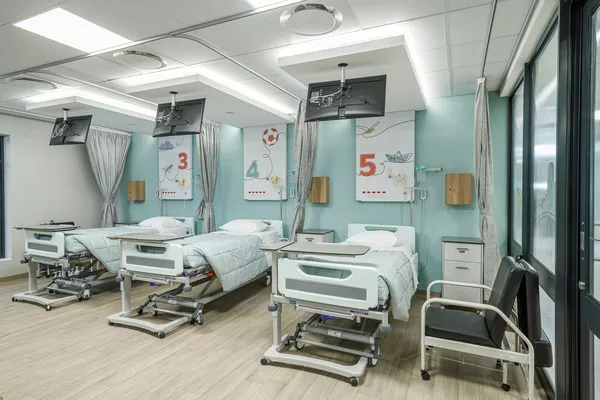Hyperglycemia, characterized by high blood sugar levels, is a common concern for individuals with diabetes. It requires prompt attention to prevent potential complications. While there’s no instant cure for hyperglycemia, there are immediate actions one can take to address it effectively. From checking blood sugar levels to seeking medical attention, a comprehensive approach ensures quick and appropriate management.
Immediate Actions:
Checking Blood Sugar Levels:
Confirming hyperglycemia with a blood glucose meter is paramount. It provides accurate information about the current blood sugar level, guiding subsequent actions. For individuals with diabetes, regular monitoring is essential for staying on top of their condition. It helps in making informed decisions regarding medication, diet, and lifestyle modifications.
Administering Insulin (for Diabetics):
For diabetic individuals experiencing hyperglycemia, administering insulin may be necessary. The dosage should be based on current blood sugar levels and individual insulin sensitivity. It’s crucial to follow the prescribed regimen and consult a healthcare professional if unsure about the dosage or administration technique.
Drinking Water:
Hydration plays a crucial role in managing hyperglycemia. Drinking water helps flush out excess glucose through urine, thereby lowering blood sugar levels. It’s recommended to consume plain water rather than sugary beverages to avoid exacerbating the condition. Staying hydrated also aids in preventing dehydration, a common complication of high blood sugar levels.
Light Exercise:
Engaging in light physical activity can help lower blood sugar levels. Exercise stimulates glucose uptake by muscles, leading to improved insulin sensitivity. A brisk walk, cycling, or simple stretching exercises can be beneficial. However, it’s essential to avoid strenuous activities, especially if blood sugar levels are significantly elevated, to prevent potential complications such as diabetic ketoacidosis.
Seeking Medical Attention:
When to Call for Emergency Help:
Certain symptoms indicate a medical emergency and warrant immediate attention. These include very high blood sugar levels (hyperglycemia), confusion, extreme thirst, frequent urination, nausea, vomiting, fruity breath odor, and in severe cases, loss of consciousness. If any of these symptoms occur, it’s crucial to seek emergency medical assistance without delay.
Importance of Consulting a Doctor:
While immediate actions can provide temporary relief, consulting a doctor is essential for long-term management of hyperglycemia. A healthcare professional can assess the underlying causes, adjust medication regimens, and provide guidance on lifestyle modifications to prevent recurrence. Regular medical check-ups are necessary to monitor blood sugar levels and assess overall health.
Conclusion
In conclusion, addressing hyperglycemia requires a combination of immediate actions and seeking medical attention. Checking blood sugar levels, administering insulin if necessary, staying hydrated, and engaging in light exercise can help lower blood sugar levels effectively. However, it’s essential to recognize symptoms that indicate a medical emergency and seek professional medical advice for comprehensive management. With proper care and attention, individuals can effectively manage hyperglycemia and reduce the risk of complications associated with diabetes.


